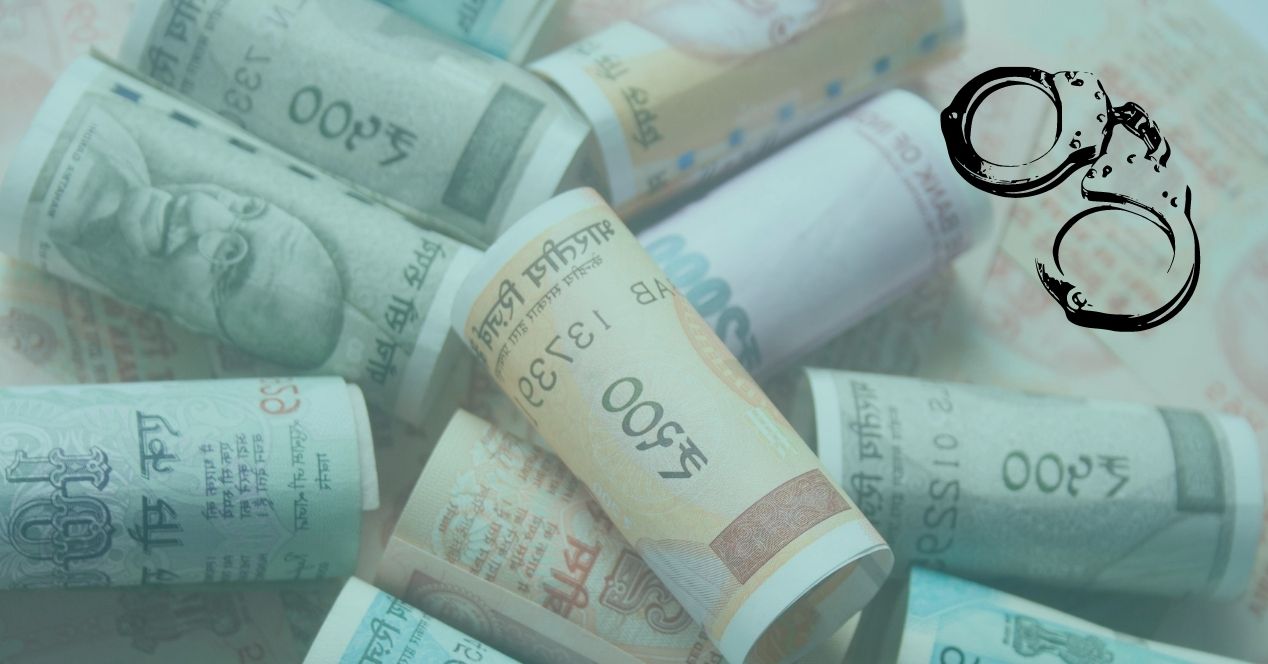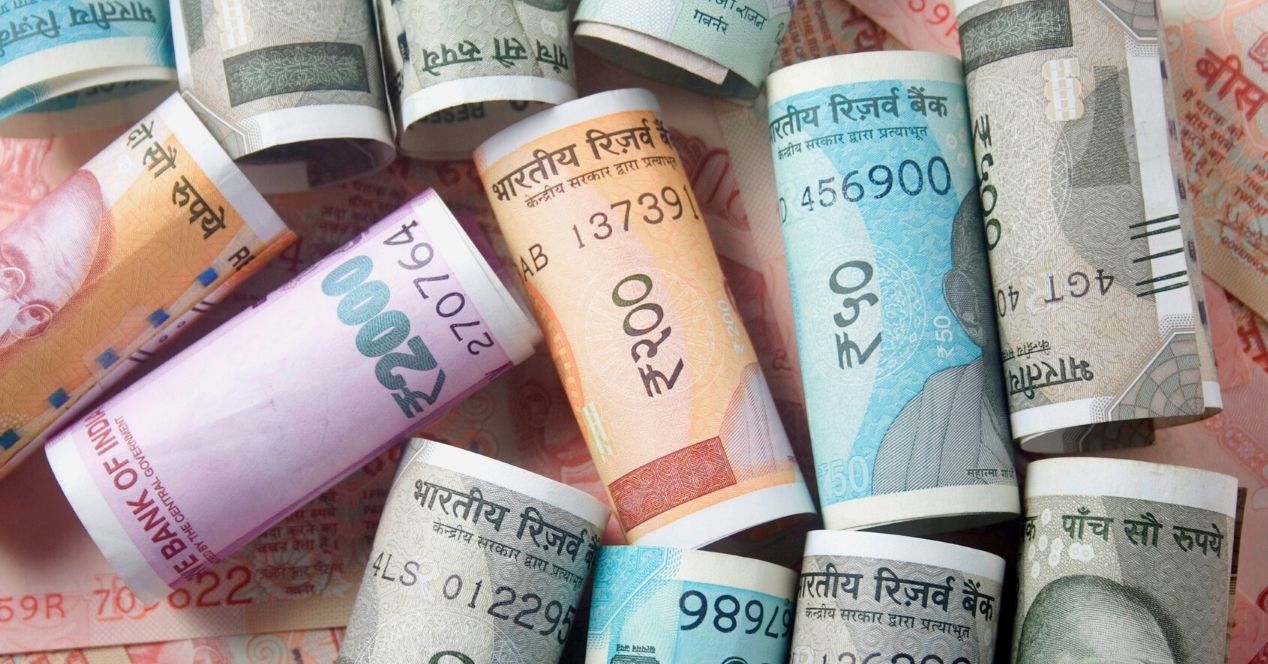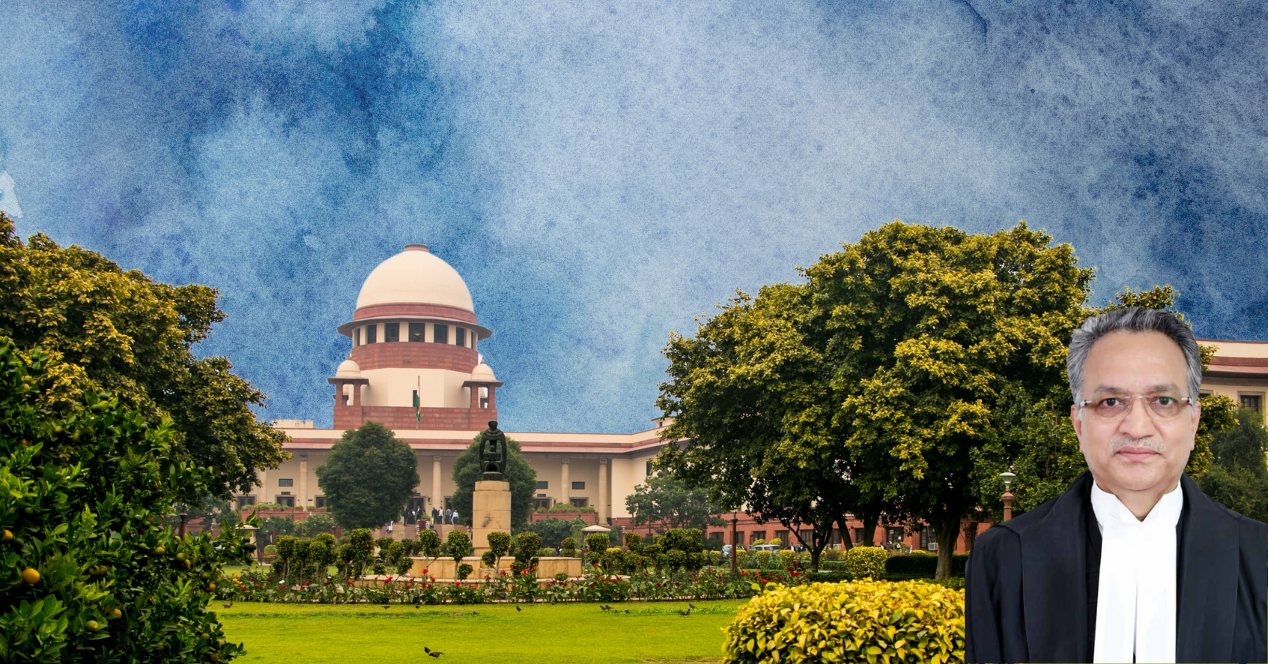Analysis
The Money Laundering Judgment: Justice Khanwilkar’s Last Hurrah
Desk Brief: J Khanwilkar's closing act at the SC will be the Judgment on the powers of the Enforcement Directorate (ED) under the PMLA.
Justice A.M. Khanwilkar began his final week at the Supreme Court yesterday. He will retire on Friday, having served the Court for six years. Justice Khanwilkar recently decided a slew of cases including the regulation of foreign funding for NGOs, Zakia Jafri’s Gujarat Riots petition, and OBC reservations in municipal elections across the country. His closing act will likely be the Judgment on the extent of powers of the Enforcement Directorate (ED), the investigative body under the Prevention of Money Laundering Act, 2002 (PMLA).
The Union vests wide discretionary powers in special investigative bodies like the ED to equip them to solve complex cases and apprehend ‘serious’ criminals. In the challenge to PMLA, a litany of Advocates explained to the Bench that unchecked discretion erases the accused person’s right to fair trial. The Union’s defence was simple—money laundering is a serious trans-national crime that demands tough laws.
In 2012, the Supreme Court christened the CBI a ‘caged parrot’. The Court was appalled that the CBI took a Congress minister’s approval before submitting a clean chit report against Congress members in the Coalgate scam. Without procedural checks and balances, the CBI’s independence was ‘caged’ by ‘its master’s voice’.
The ED has been extremely active since the NDA government assumed power. It registered 3985 PMLA cases in 2021—a meteoric rise from 209 cases in 2014. Prominent members of major opposition parties in India are accused of money laundering, including Sonia and Rahul Gandhi from the Indian National Congress, Satyendar Jain from AAP, Sanjay Raut from the Shiv Sena and Sharad Pawar from the National Congress Party. If the petitioners are to be believed, the ED presents a different shade of the CBI problem—it is an unleashed parrot, flitting from one political adversary to the other.
Speaking to SCO, Arshdeep Singh Khurana, an independent lawyer, said that bail under PMLA is among the most crucial provisions challenged at the SC. The PMLA bail provision places the onerous burden of proving innocence on the accused themselves before the trial even begins—an impossibly high standard.
Mr. Khurana has 10 years of experience in representing persons accused under the PMLA in trial courts, High Courts and the Supreme Court. ‘It is practically impossible to get bail. People have been languishing in jail for more than two years without trial in many cases’, he said.
In Nikesh Tarachand Shah (2017), the Supreme Court struck down the burden of proving innocence in a bail application as unconstitutional. Mr. Khurana recalled that this brought relief for a short while. Then, in 2018, the Union government passed the Finance Act. The Act rectified other defects the SC found under the bail provision, but retained the burden of proving innocence.
Mr. Khurana said that despite the 2018 Act, for a few years, most High Courts continued to uphold Tarachand—the Act had no effect. In the past year however, Mr. Khurana noted a changing trend—High Courts have repeatedly denied bail, upholding the burdensome conditions for bail. Relief to the PMLA accused is once again elusive.
The Supreme Court Judgment, Mr. Khurana hopes, will bring much needed clarity on the PMLA. This week we will know whether Justice Khanwilkar’s Bench will tie the hands of the ED or allow it to continue exercising its unfettered powers.
While we wait, visit SCO’s case archive for Court-side reports of the 21 days of extensive hearings and key documents in the case. Visit our Arguments Matrix for a quick overview of the issues raised.




